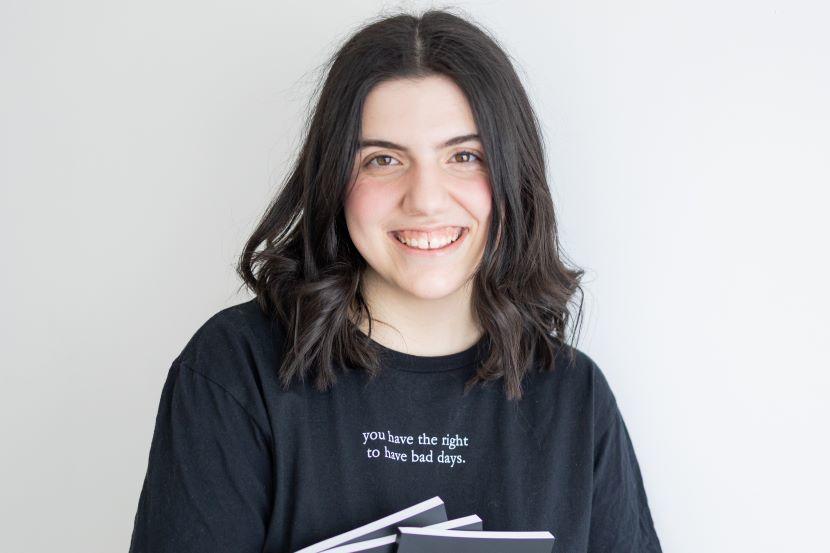I do love university, but student life can be tough: work, homework, relationships, adult life and so on. When I felt I had too much on my plate, I reached out for help from the services offered at the Student Health and Wellness Centre on campus. I received a great deal of help and found the resources I needed.
The transition from high school to university was not easy for me because the two are completely different. The pressure to adapt quickly to the new way of learning was too much for me. I really felt down. In the classroom, I really struggled to concentrate.
While I was going through a difficult time as a first-year student, I found myself rereading a collection of poems I had written during high school, when things weren’t going so well. I then realized that I was, in fact, in the same state of mind and that I needed help to improve my mental health.
I talked to a friend about it and she told me to contact the Student Health and Wellness Centre. I searched for them online and was able to book an appointment on their website.
After a meeting with a learning advisor, I discovered that I was showing signs of having Attention Deficit Hyperactivity Disorder (ADHD). The advisor guided me through the process to get assessed.
The fact that I found out I had a disability helped me to understand myself better. More than anything, I felt reassured knowing that I was not the only one going through this at university. My diagnosis allowed me to register on the Ventus portal so that I could inform my professors of my needs and benefit from the academic accommodations I will need to help me manage my learning challenges for the rest of my time in university. My mind now has all the freedom it needs so that I can make the most of my university experience.
Because this has made me feel so much better, I have started writing poetry again to record my journey to finding balance. I am very proud to have recently published a second book, Healing Poems, a collection of poems that explores the topic of transition into adulthood, self-discovery and mental health.
Healing doesn’t mean you have to do yoga everyday.
healing is crying,
healing is going to therapy,
healing is depression,
healing is finding a way out of depression,
healing is nature,
healing is ugly.
healing is what you make it,
don’t compare yourself to others,
write your own story.
The collection of poems is available on Amazon.

“Don’t compare yourself to others, if you’re struggling, you have the right to find help, you don’t need to have a “bigger” problem, you’re still struggling.”
Amélie Bouthillier
— Second-year arts student
Where to seek help
Each person experiences hard times differently. The services offered at the University of Ottawa’s Student Health and Wellness Centre address a wide range of wellness needs. If you are going through tough times, don’t be afraid to seek help from the resources listed below.
